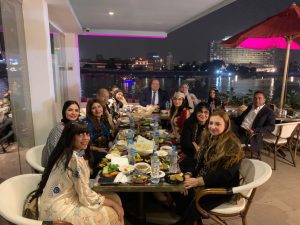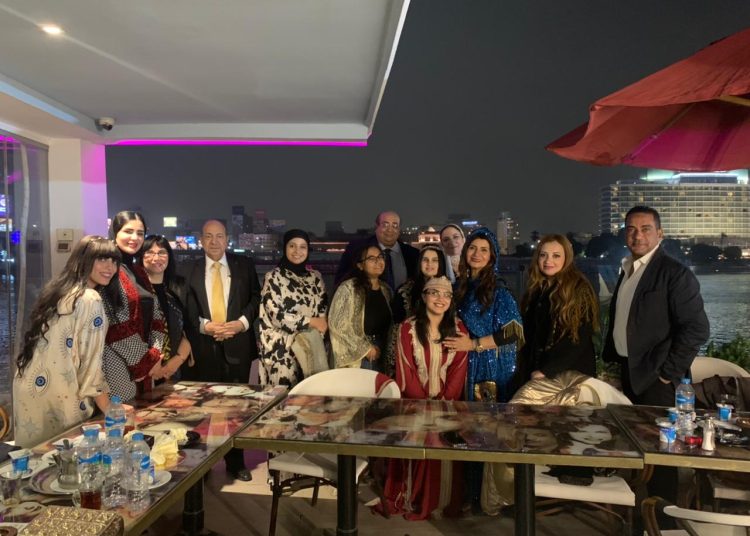The Hanan Youssef Cultural Salon, led by media professor and Arab Organization for Dialogue president Dr Hanan Youssef Ali, convened in March to discuss “Ramadan Drama: Was Identity Present?”
The forum examined the portrayal of identity in this year’s Ramadan dramas, with participants highlighting the content’s positive diversity, encompassing political, social, and comedic themes.
Discussions centered on the significance of drama in bolstering Egyptian identity and dismantling stereotypes.
Dr Youssef announced the forthcoming release of a study evaluating Ramadan dramas’ impact on identity and societal awareness. This annual analysis, conducted by Arab Organization for Dialogue researchers, will assess each year’s Ramadan productions. The study’s final results will be made public to benefit decision-makers and the wider community.
During a Ramadan suhoor gathering for organization members, attendees commended several productions by the United Company, including “Al-Hashshashin,” “Atabat Al-Bahga,” “Baba Geh,” “Kamil Al-Adad’,” and “Gawdar.” Other noteworthy dramas included “Highest Viewing Rate” and “Selat Rahm,” which explored significant events in Egyptian society.
The forum also acknowledged the return of high-quality comedy series, a staple of Ramadan entertainment that had been absent in recent years.
The reappearance of social dramas addressing contemporary issues in Egyptian society was well-received.
The salon welcomed a distinguished group of participants, including Professor Dr Mona El-Hadidi, who was recently honored by the President of the Republic on Egyptian Women’s Day.








Discussion about this post